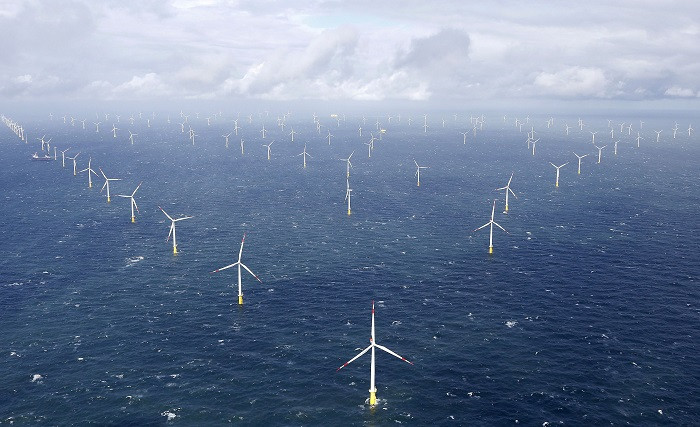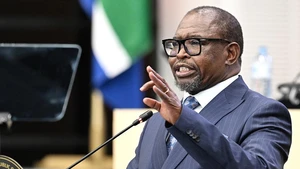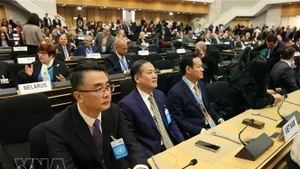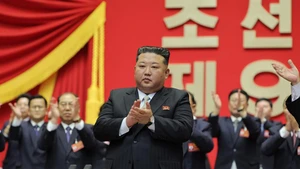"The project creates the basis for future green electricity imports to Germany and makes our electricity supply cheaper, safer and more independent of fossil fuels," German economy minister Robert Habeck said in a statement.
Under the agreement, 2 gigawatts will be transmitted to Germany and 1.2 gigawatts go to mainland Denmark, the statement said.
The transmission system operators (TSOs) 50Hertz and Energinet - of Germany and Denmark respectively - have agreed in to each bear half of the infrastructure costs of the project.
Last month, leaders from seven European Union countries, including France, Germany and the Netherlands, alongside non-EU countries Norway and Britain, pledged to speed up their expansion of wind farms, develop "energy islands" - or connected renewable generation sites at sea - and work on carbon capture and renewable hydrogen projects in the region.
















